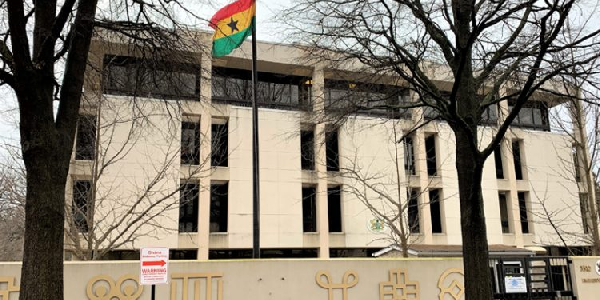Iran Slams US Travel Ban as Hostile Act of Discrimination Targeting Iranians and Other Nations Based on Nationality and Religion - Travel And Tour World
Sunday, June 8, 2025

In response to the U.S. government’s latest travel ban, Iran has strongly condemned the move, calling it a of aimed at and citizens from several other nations. The Iranian Foreign Affairs Ministry criticized the ban as an unjust policy that targets individuals based on their and , violating and principles of . This latest U.S. action, which also affects countries like , , and , further escalates tensions between the two nations and raises concerns about and in travel restrictions.
Iran has strongly condemned the United States’ latest travel ban, which targets citizens from various nations, including Iran. The Iranian Foreign Affairs Ministry issued a statement on Saturday, denouncing the move as a clear demonstration of entrenched hostility towards Iranians, emphasizing the unjust nature of the restrictions.
According to reports, Iran’s Ministry of Foreign Affairs expressed its dissatisfaction with the U.S. decision, asserting that the travel ban unfairly discriminates against individuals based on their . The Iranian government strongly criticized the move, describing it as that contradicts the . Specifically, the ministry pointed out how the travel ban violated basic human rights, emphasizing that such actions run contrary to core values of equality and fairness that underpin international relations.
In its official statement, the Iranian government also called on the and prominent global human rights organizations to take a stand against what it termed by the U.S. It urged these international bodies to the decision and stress the importance of respecting fundamental rights and freedoms.
The U.S. administration defended the travel ban by pointing to national security risks as the primary reason for the decision. According to a proclamation signed by President on Wednesday, the new travel restrictions aim to protect the country from potential security threats posed by individuals from specific nations. The proclamation, which is set to go into effect on , will ban nationals from from entering the U.S.
The countries affected by the ban include This sweeping travel ban has sparked significant international concern, as critics argue that it unfairly targets individuals based solely on their rather than on specific security risks. The inclusion of in the list has further fueled tensions between the two countries, which have already been marked by a history of political and diplomatic discord.
In response to the U.S. action, the Iranian government expressed its commitment to to protect the rights of its citizens. It underscored that the travel ban unfairly punishes innocent individuals based on their rather than on any direct connection to security threats. Iran’s Ministry of Foreign Affairs has vowed to continue working through diplomatic channels to challenge the decision and minimize the adverse effects of the restrictions on ordinary Iranians.
This latest U.S. move is part of a broader pattern of increasingly strict immigration policies that have raised concerns across the globe. The travel ban, like previous restrictions, has been met with from human rights advocates and international bodies, who argue that such policies and exacerbate tensions. Particularly, organizations championing the rights of religious and ethnic minorities have condemned the ban as unjust, arguing that it unfairly targets individuals due to their religious beliefs and cultural backgrounds.
The Iranian Foreign Ministry called on the to reject these discriminatory measures and stand in solidarity with those affected. Iran’s statement emphasized the in opposing such policies, which they view as to international peace and stability.
The announcement of the travel ban is likely to further complicate , which have been strained for years. This new development adds to the growing sense of animosity between the two nations, as both governments continue to engage in a and policy measures.
Despite the political fallout, Iran has made it clear that it will continue to to protect the interests of its citizens. The Iranian Foreign Ministry has reiterated its commitment to securing the rights of its people, even as tensions escalate with Washington.
Iran has condemned the U.S. travel ban as a of , targeting and other nations based on nationality and religion, calling it a violation of human rights and international law.
The U.S. travel ban marks a significant shift in the dynamics of international travel and diplomatic relations, particularly for the countries on the restricted list. As the ban’s effective date draws near, many citizens from the affected nations are left uncertain about their ability to visit the United States or engage in other forms of international travel.
For Iran, this development signals the continuation of an ongoing struggle for recognition and respect on the global stage. While Tehran is determined to challenge the ban, the outcome remains uncertain, and it is clear that diplomatic negotiations and international advocacy will play a crucial role in shaping the next steps in this ongoing saga.
In conclusion, Iran’s condemnation of the U.S. travel ban reflects deeper issues of discrimination, human rights, and international diplomacy. As tensions rise, the international community watches closely to see how the situation will evolve and what impact it will have on global relations moving forward.









